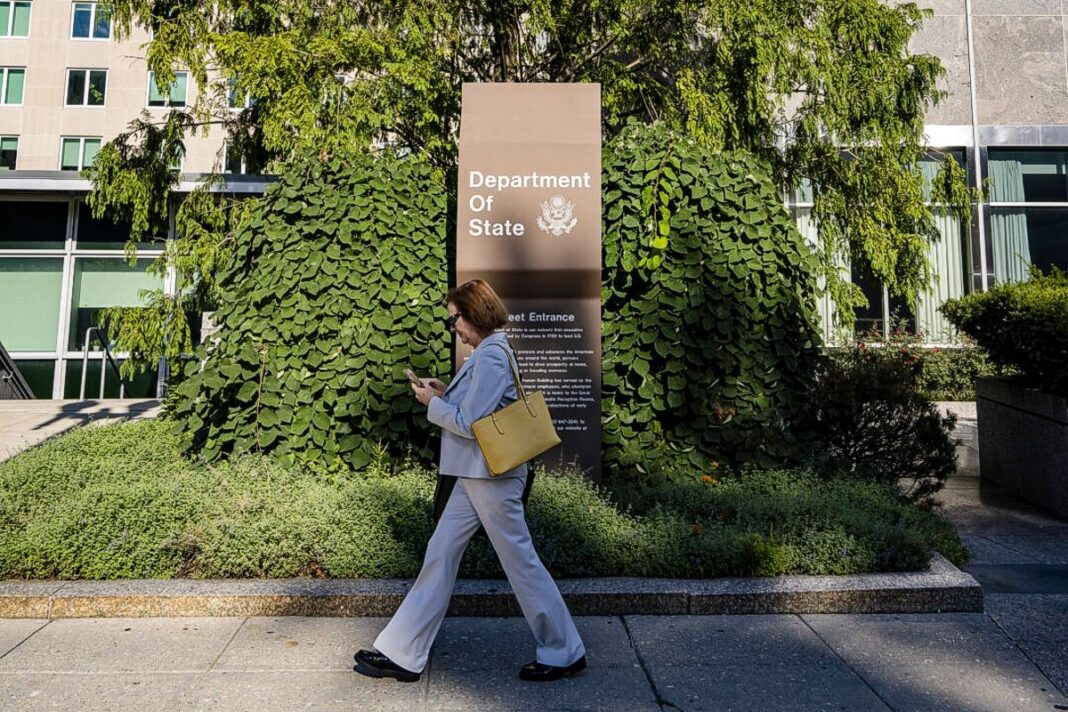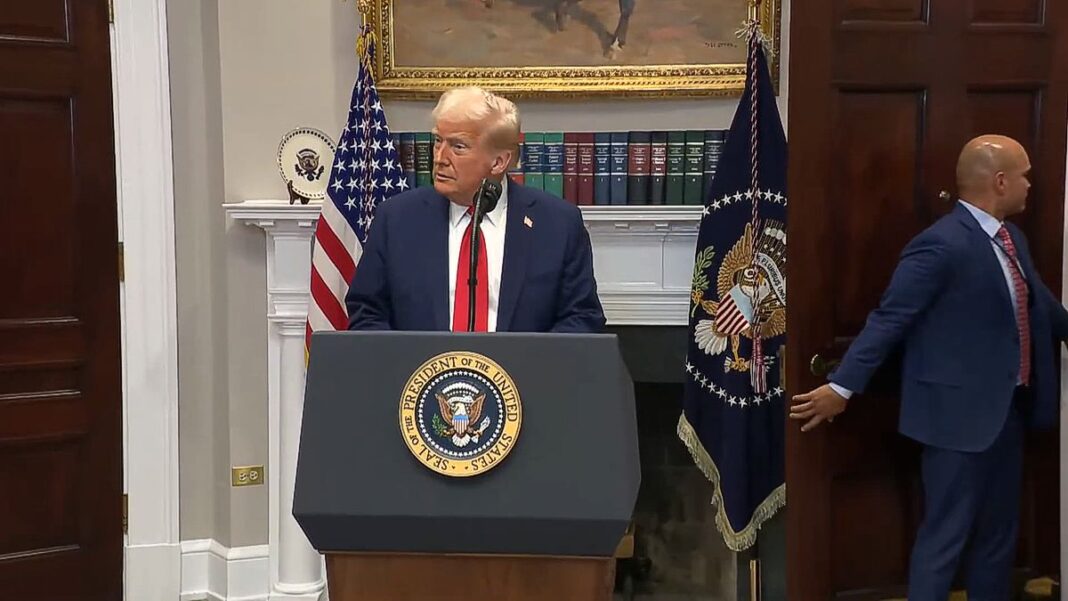Don’t blame the banks for canceling accounts. They are acting under pressure from federal regulators.
Venture capitalist Marc Andreessen made waves last month when he told podcaster Joe Rogan he’s aware of 30 tech entrepreneurs who have been “debanked in the last four years.” Andrew Torba, founder of the right-wing social network Gab, tweeted a cancellation notice from his bank.
Others followed with their own debanking stories. Melania Trump wrote in her recent memoir that a bank with which she had a longstanding financial relationship canceled her account without explanation in 2021 and denied an application by her son, Barron.
Don’t blame the banks, which are merely acting under government pressure. The Bank Policy Institute last week shared a primer on the “secret enforcement regime” by which a bank examiner’s “mandate that a bank designate a client as ‘high risk’ generally forces the bank to close the account.” Here’s how it works.
The Bank Secrecy Act requires banks to build profiles on customers, monitor their activity, and file Suspicious Activity Reports, or SARs, with the Treasury Department’s Financial Crimes Enforcement Network if they suspect illicit activity. Such “know your customer” rules are intended to prevent money laundering.
Banks have a strong incentive to file reports if there’s any unusual transaction, given that inadvertent lapses can result in sanctions, including heavy fines. Last year banks filed 4.6 million SARs. Compiling these reports is a nuisance and rarely exposes illicit activity since criminals tend to circumvent the banking system, where they know their activity will be monitored.
The overbreadth in bank reporting is a plus for the government, since it gives the Federal Bureau of Investigation a trove of reports to scour without a warrant. The more info it has on more bank customers, the better, even if most haven’t committed a crime. Regulators prohibit banks from notifying customers if they have filed a SAR.
Originally Published on December 15, 2024








